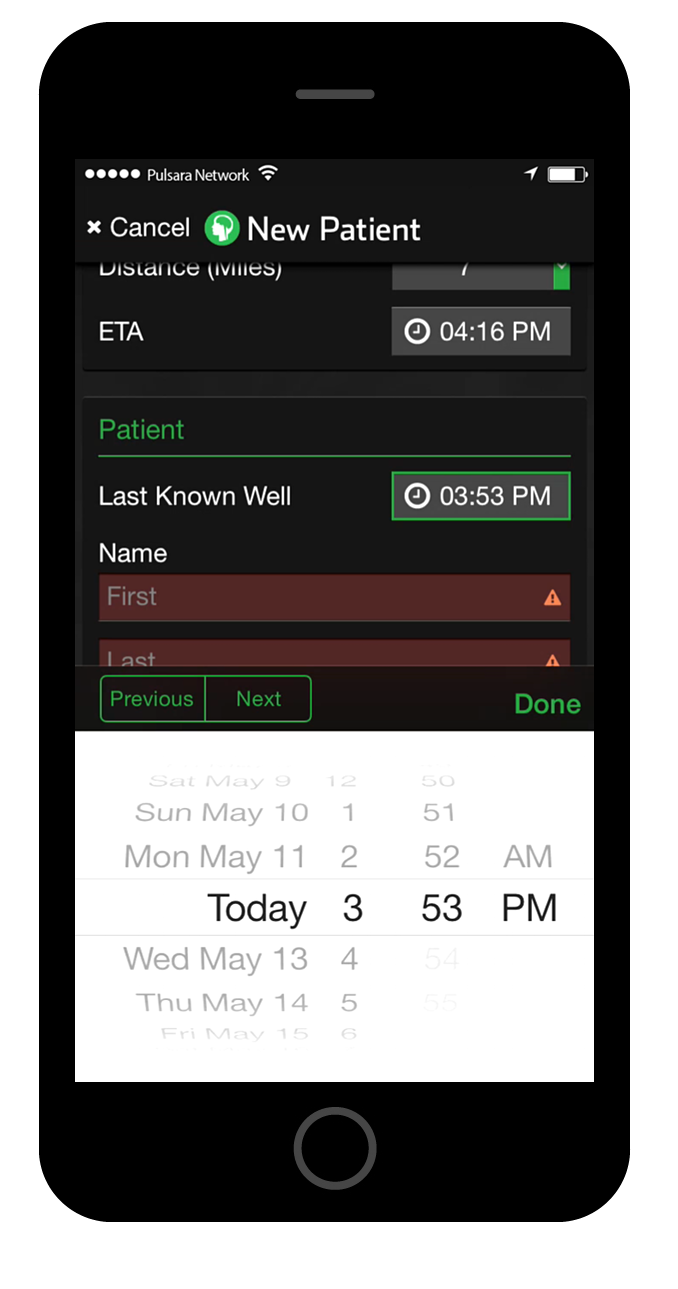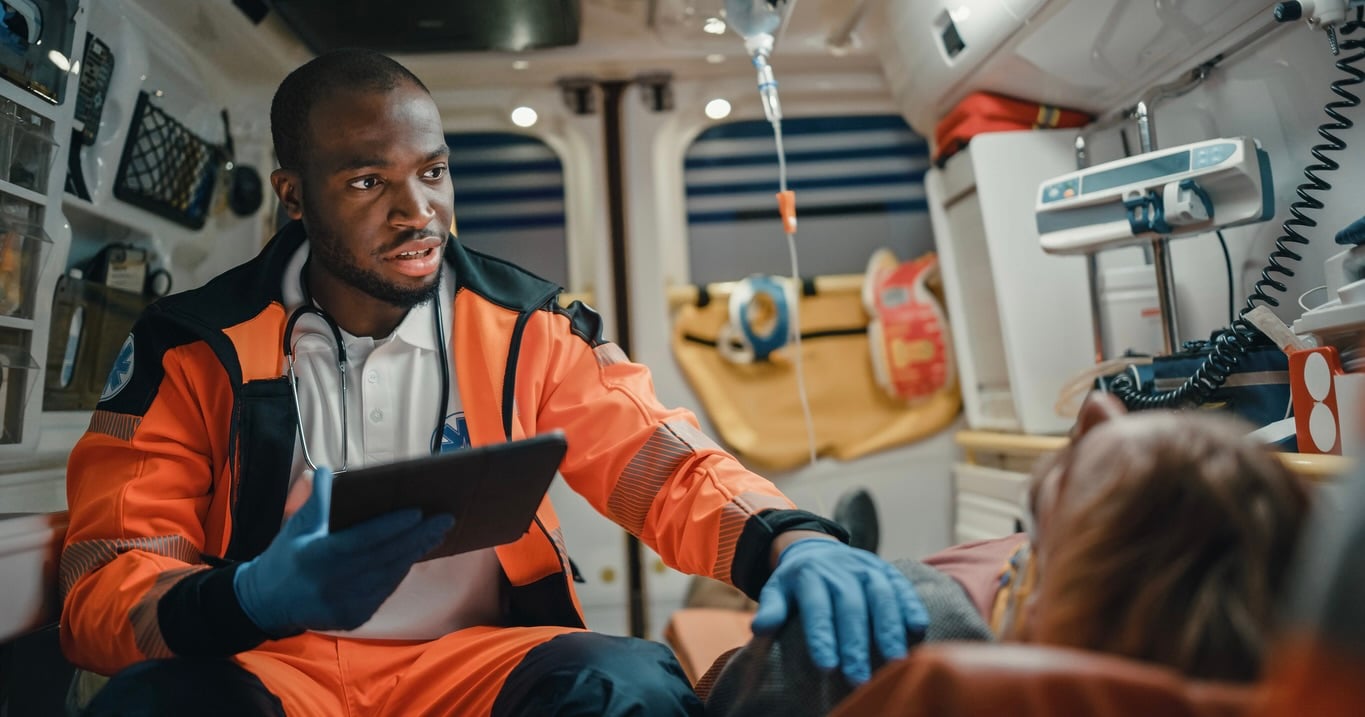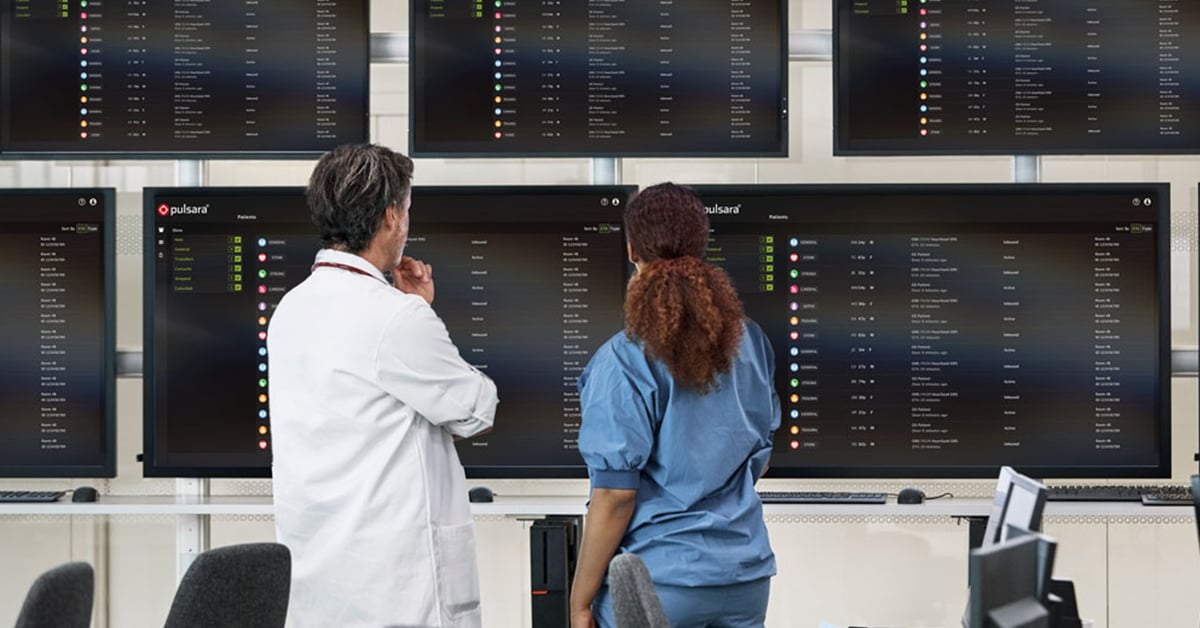Introducing Pulsara Intelligence: AI Tools for Streamlined Emergency Care
In fast-paced clinical settings, documentation often competes with communication and patient care. Pulsara’s mission is to give healthcare workers an...
1 min read
 James Woodson, MD
:
Nov 06, 2015
James Woodson, MD
:
Nov 06, 2015

You hear the mantra everywhere: Time is Tissue. And while it's crucial to minimize the amount of time it takes to get a stroke patient to treatment, we also need to be focusing on another time metric: the accuracy of the Last Known Well (LKW). After all, our treatment options depend on the LKW.
According to a recent study, a whopping 74% of patients had discrepancies between the preliminary LKW time and revised LKW, where 58% had later preliminary LKW than revised, and 16% had earlier LKW than revised. These disparities have grave implications for stroke patients - had the preliminary LKW times
 been used for treatment decision making, 58% of patients may have been approved for thrombolysis outside of the appropriate time window, increasing the chances of complications. Furthermore, 16% of patients would have been potentially excluded from rt-PA inappropriately, providing them with less than the best possible treatment.
been used for treatment decision making, 58% of patients may have been approved for thrombolysis outside of the appropriate time window, increasing the chances of complications. Furthermore, 16% of patients would have been potentially excluded from rt-PA inappropriately, providing them with less than the best possible treatment.
Accuracy of the LKW can be a matter of life or death. But was it the time the EMT reported or what the ED nurse said? They were different ... right? Was one of them confused? Who was incorrect?! Relax. With Pulsara, the LKW time is plugged in with a single tap and the whole team now has that data point - INSTANTLY. And if new information comes to light, simply modify it and it changes for everyone else on the team. No more discrepancies. Just simple care coordination.

In fast-paced clinical settings, documentation often competes with communication and patient care. Pulsara’s mission is to give healthcare workers an...

September Recap The weather may (finally) be cooling off, but our autumn event season is bringing the heat. 12 down in September and another 12 on...

How an Arkansas hospital improved their door-to-needle benchmark success rates across the board and achieved a record treatment time of 18 minutes. ...